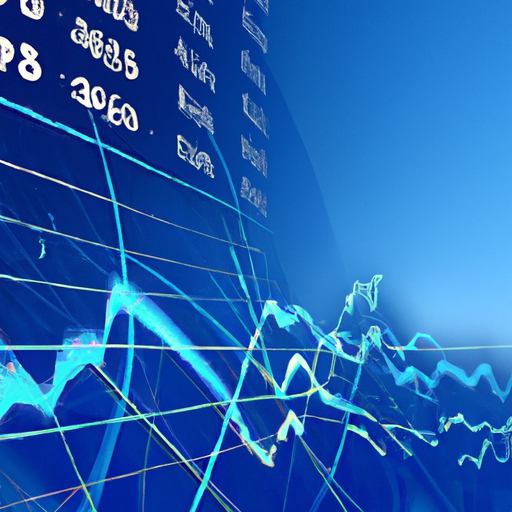Understanding Trading Management: The Key To Successful Trading
Trading management is a crucial component of any successful trading strategy.
Without proper management, even the most well-thought-out plans can go awry.
In this blog post, we will delve deep into the various aspects of trading management and explore how it can make or break your trading efforts.
The Importance Of Trading Management
Trading management is not just about making trades; it’s about making smart trades.
It encompasses various elements like risk assessment, strategy development, and emotional control.
When you manage your trades effectively, you not only increase your chances of success but also mitigate potential losses.
To illustrate the importance, let’s consider a real-life example:
Imagine you’re on a sailboat in the middle of the ocean without a navigational system.
You might eventually reach land, but it’s more likely you’ll drift aimlessly or end up in dangerous waters.
Likewise, without proper trading management, your financial journey could be just as perilous.
Risk Management: The Backbone Of Trading Management
One of the most critical components of trading management is risk management.
This involves assessing the risks associated with each trade and deciding how much you are willing to lose if things don’t go as planned.
A popular concept here is margin calls—a demand by a broker that an investor deposits further cash or securities to cover possible losses.
By setting stop-loss orders and limits on the amount invested in any single trade, you can minimize potential losses.
For instance:
If you’re involved in high-frequency trading (HFT), where transactions occur within fractions of a second, having robust risk management protocols is essential to avoid catastrophic losses.
Developing A Robust Trading Strategy
A well-crafted trading strategy forms another cornerstone of effective trading management.
Your strategy should be based on thorough research and analysis.
Many traders employ paper trading—simulated trading using virtual money—to test their strategies before involving real capital.
For example:
Consider a trader who uses technical analysis to identify market trends and patterns. By practicing with paper trading first, they can fine-tune their approach without risking actual funds.
This allows them to enter live markets with higher confidence and lower risk.
Emotional Control In Trading Management
Emotions can be both an asset and a liability when it comes to trading.
Understanding how to manage your emotions is another integral part of trading management.
Fear and greed are two emotions that often lead traders astray:
– Fear might cause you to sell too early.
– Greed might lead you to hold onto losing positions for too long hoping for a turnaround.
Developing emotional control means being disciplined enough to stick to your predefined strategies and rules even when emotions are running high.
For instance:
If you’ve set a stop-loss order at 5% below your purchase price but feel tempted to hold out for recovery after it dips 6%, emotional control would mean adhering strictly to that 5% rule regardless of feelings involved.
The Role Of Technology In Modern Trading Management
In today’s digital age, technology plays an indispensable role in trading management.
From sophisticated algorithms used in high-frequency trading (HFT) systems to automated alerts for margin calls—technology has made managing trades more efficient than ever before.
Advanced tools offer features like real-time data analytics which help traders make informed decisions quickly:
One such tool is algorithmic trading software that executes trades automatically based on predefined criteria—removing human error from decision-making processes entirely!
Additionally:
Mobile apps enable traders access market information anytime anywhere ensuring they never miss out on opportunities no matter where they are located geographically speaking!
Conclusion: Mastering The Art Of Trading Management
Mastering trading management involves understanding its multifaceted nature—from risk assessment through strategic planning right up till emotional regulation during volatile times!
By integrating these elements seamlessly into one cohesive plan backed by modern technological advancements—you’ll find yourself better positioned than ever before succeed within competitive world finance markets ahead!
So whether you’re novice just starting out experienced veteran looking refine existing skillset remember always prioritize managing wisely above all else!

